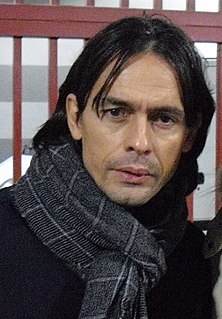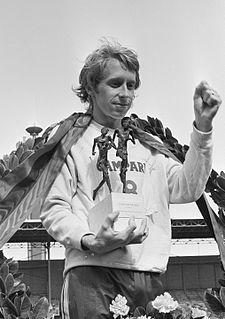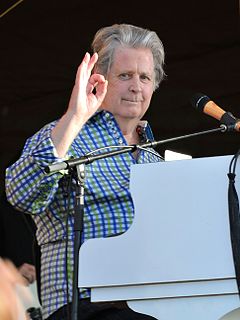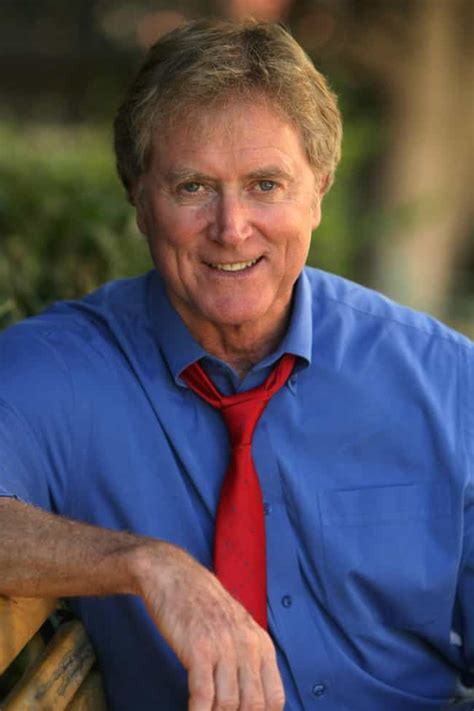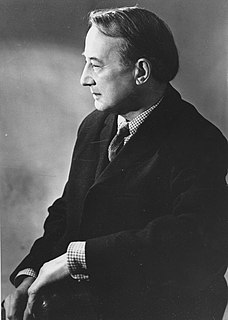A Quote by Jim Crace
The celebrity sense of writers is something which is very tempting... But the enthusiasm comes from the fact that it's such a natural activity, storytelling.
Related Quotes
Most writers I know have switched to word processors. I haven't but I'm very curious about why people like it so much. I think it has something to do with the fact that at last writing, which has been such an old-fashioned, artisanal activity, even on a typewriter, has now entered the central domain of modern experience which is that of making copies, being involved in the world of duplicates and machine-mediated activities.
Running is a very natural activity. If you get too caught up, you find yourself constantly seeking to make running something that it isn't. You should let it be what it is - a very simple activity. Running has become too complicated for many people and they wind up turning sour on the sport, or losing the focus of their direction.
People create the illusion of acting natural, which is what I think most documentarians do in part because of the direct cinema orthodoxies that came into play really in the '60s. That moment of performance is a tremendous opportunity to make visible something hitherto invisible, which is how people want to be seen. How do they see themselves? What are the scripts, fantasies, genres by which they imagine themselves? How is storytelling part of what we are as human beings? We wouldn't kill each other en masse if it weren't for storytelling. We wouldn't be able to live with ourselves.
In English, you can find writers with a wonderful sense of humor, like Oscar Wilde. But in the French language, this is very special, and de Sade is one of the very brave writers with a sense of humor. But most people don't understand that. When they read de Sade, they take it seriously. They say, "Oh, what an awful man!" He is really a very unknown writer.
Writers don't want to appear to be stupid. I don't know - maybe people become writers so that they can prove that they're not. Of course getting a book published doesn't mean that they're not stupid. At a certain point you have to stop trying to prove something and write because you need to think about something and want to communicate, in a very broad sense.
It is a mass language only in the same sense that its baseball slang is born of baseball players. That is, it is a language which is being molded by writers to do delicate things and yet be within the grasp of superficially educated people. It is not a natural growth, much as its proletarian writers would like to think so. But compared with it at its best, English has reached the Alexandrian stage of formalism and decay.
If you don’t try to stop whatever is going on in your mind, but merely observe it, eventually you’ll begin to feel a tremendous sense of relaxation, a vast sense of openness within your mind - which is in fact your natural mind, the naturally unperturbed background against which various thoughts come and go.
Maybe I've been a small part of the democratisation of celebrity, because I've been fascinated by it, and when it started to happen to me to the very limited extent that it happens to writers in North America, I was exposed to people who had the disease of celebrity. People who had raging, raging, life-threatening celebrity, people who would be in danger if they were left alone on the street without their minders. It's a great anthropological privilege to be there.
When a series is doing well, it's very tempting to keep writing it, even when the creative well is drying up. It's tempting because that's where the money is. I've had to be very careful; as soon as I think I'm getting close to that dry well, I wrap the series up. I don't want to just keep writing something because it sells.
The theory I'm putting forward here is that storytelling is a genetic characteristic in the sense that early human hunters who were able to organize events into stories were more successful than hunters who weren't—and this success translated directly into reproductive success. In other words, hunters who were storytellers tended to be better represented in the gene pool than hunters who weren't, which (incidentally) accounts for the fact that storytelling isn't just found here and there among human cultures, it's found universally.


